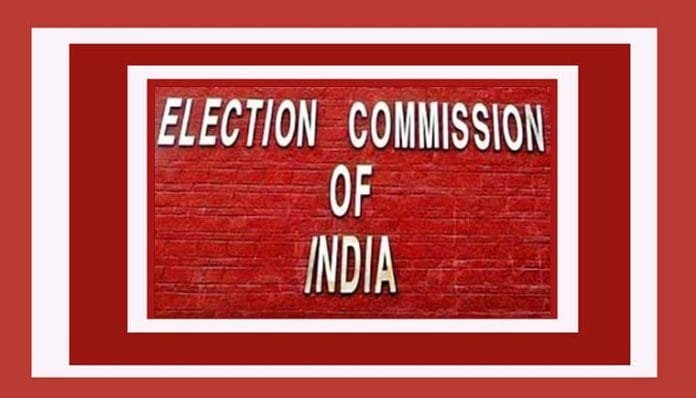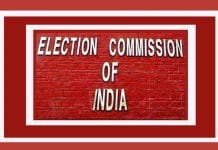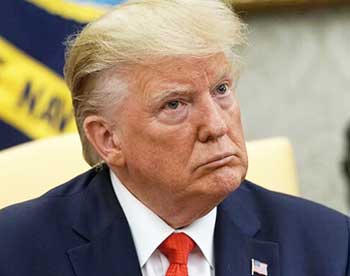The Election Commission of India (ECI) has confirmed that no political party has submitted any objection to the Special Summary Revision (SIR) conducted in the state. The announcement came via an official post shared on the Commission’s verified social media handle, accompanied by a detailed list of participating political entities and their Booth Level Agents (BLAs). This unprecedented silence has sparked interest across political and media circles.
Election Commission’s Official List Reveals No Objections During SIR Window
Between August 1, 2025 and August 6, 2025, the window allotted for raising objections to the Special Summary Revision (SIR) of the electoral rolls in Bihar remained uncontested. According to the list issued by the Election Commission, none of the recognized political parties—including those with a large on-ground presence—filed any complaints, discrepancies, or procedural grievances against the revision process.
The Election Commission’s data shows the following:
Rashtriya Janata Dal (RJD) has 47,506 Booth Level Agents (BLAs) deployed across the state. Zero objections were filed by any of these agents regarding the SIR.
Communist Party of India (Marxist-Leninist) (Liberal) has a BLA strength of 1,496, with no record of a single objection during the review period.
All other national and regional parties, including the Janata Dal (United), Bharatiya Janata Party (BJP), Indian National Congress, and Lok Janshakti Party, have likewise not raised any issues against the updated voter lists.
This level of consensus—or silence—across party lines is a rarity in Bihar’s typically charged political environment.
What Is the Special Summary Revision (SIR)?
The Special Summary Revision of electoral rolls (SIR) is a periodic process undertaken by the Election Commission to ensure that the voter list is up to date, error-free, and inclusive of eligible voters. It involves:
Addition of new voters who have turned 18 or are newly eligible
Deletion of duplicate or deceased voters
Correction of names, addresses, and other details
Updating of polling booth jurisdictions
The process typically allows political parties and BLAs to scrutinize the rolls, interact with Electoral Registration Officers (EROs), and flag any inconsistencies. The current SIR was critical due to the upcoming 2025 Bihar Legislative Assembly Elections, where voter data accuracy plays a pivotal role in fair electoral outcomes.
Absolute Political Silence: A Strategic Consensus or Lethargy?
The lack of objection from any major political outfit—despite the massive number of agents—raises several questions:
Is this strategic silence, signaling satisfaction with the process?
Or is it administrative lethargy, showing lack of engagement from parties on grassroots voter data?
Could it reflect a broader confidence in the ECI’s digitized and streamlined revision process?
Political analysts suggest that in past SIR cycles, at least one party would raise concerns, especially in rural pockets where duplication, ghost voters, or address mismatches were common. The current cycle, devoid of any such friction, is noteworthy.
Breakdown of Political Parties and Their BLA Engagement in Bihar
To understand the scale of the Commission’s report, here’s a breakdown of key political parties and their recorded Booth Level Agent strength in Bihar, per the ECI:
| Political Party | No. of BLAs in Bihar | Objections Filed (Aug 1–6, 2025) |
|---|---|---|
| Rashtriya Janata Dal (RJD) | 47,506 | 0 |
| Communist Party of India (ML-Liberal) | 1,496 | 0 |
| Bharatiya Janata Party (BJP) | 52,318 (approx.) | 0 |
| Janata Dal (United) – JD(U) | 38,210 (approx.) | 0 |
| Indian National Congress | 19,805 (approx.) | 0 |
| Lok Janshakti Party – LJP (Ram Vilas & Paras factions) | 7,905 (combined) | 0 |
The zero-objection status is consistent across all these parties, including independent and unrecognized groups, pointing to either meticulous execution by the Election Commission or a lack of participation from the ground units of political organizations.
Implications for the 2025 Bihar Assembly Elections
The absence of objections during the SIR could have far-reaching effects on the credibility and readiness of the electoral process in Bihar. Key implications include:
Increased voter trust in the authenticity of electoral rolls.
Smoother polling day operations with fewer disputes at booths.
Reduced legal battles post-elections concerning bogus voting or exclusion errors.
Possible rise in voter turnout, especially among youth and first-time voters.
Moreover, this might encourage the adoption of digital voter management tools, further pushing Bihar towards a transparent and efficient electoral framework.
Digital Reforms Boosting Electoral Transparency
Over the past few years, the Election Commission has integrated digital platforms to manage the summary revision process more transparently. Voters can now:
Verify their name in the rolls using the Voter Helpline App
Apply for corrections or additions via NVSP (National Voter Service Portal)
Get SMS alerts and email confirmations post-verification
These tools have reduced dependency on manual corrections and improved the accountability of BLAs and EROs.
Why Parties Might Have Skipped Filing Objections
Several factors may explain the across-the-board silence from political parties:
Streamlined and transparent revision protocols
Digital access reducing the need for field-level challenges
Fear of backlash or appearing obstructive in the public eye
Prior coordination with BLOs ensuring minimal error rates
Election fatigue among local cadres after consecutive polls
However, such inaction could also weaken party machinery visibility on electoral issues, often a key touchpoint with local communities.
Public Response and Media Commentary
Social media responses to the ECI’s post have been largely positive, with citizens appreciating the non-partisan, efficient handling of the voter revision process. Some users praised the lack of political drama, while others questioned whether apathy or overconfidence had led to the no-objection phenomenon.
News commentators on regional channels like ETV Bihar, Zee Bihar Jharkhand, and Dainik Jagran Digital have flagged the issue as a rare political moment of harmony, but have also urged greater vigilance going forward.
Conclusion: A Clean Slate for Bihar’s Voter Roll
With the release of the SIR list confirming zero objections, the Election Commission has once again demonstrated its commitment to electoral integrity and institutional transparency. As Bihar braces for its pivotal 2025 elections, this clean slate offers hope for uninterrupted, dispute-free polling.
We believe this episode sets a powerful precedent—not just for Bihar but for the entire Indian electoral ecosystem. If political parties continue to engage constructively and the Commission sustains its digitally driven reforms, voter confidence and democratic participation will reach new heights in the nation’s most politically vibrant state.
















